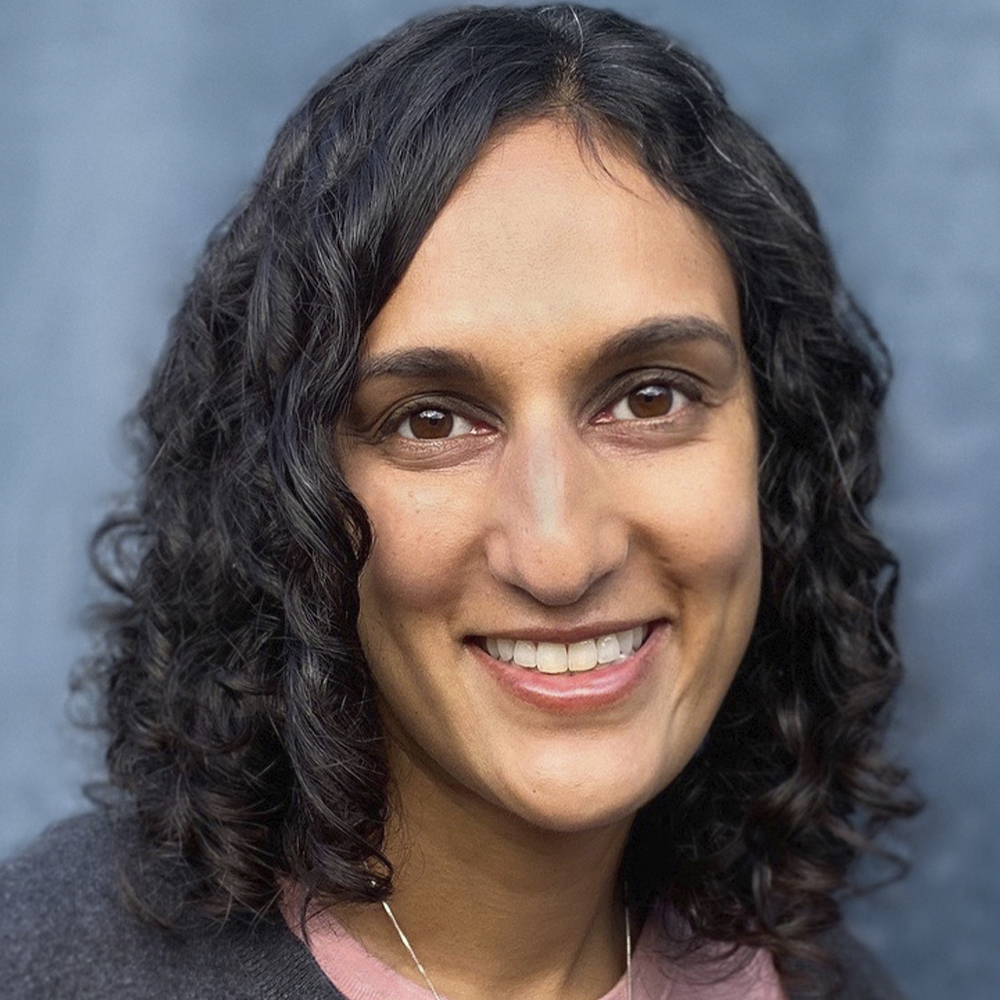Psychology of Prejudice Class Navigates Conflict-Filled Year
02.22.2021
Dr. Salena Brody has been teaching a University of Texas at Dallas course on the psychology of prejudice since 2005. Events of the last 12 months have made understanding the mechanisms behind racism, as well as sexism, xenophobia and classism, all the more crucial.
Brody, a professor of instruction in psychology in the School of Behavioral and Brain Sciences, describes the course as involving “just as much history as it does psychology.”
“One of my goals is for students to consider the historical factors that contributed to intergroup conflict and the systems that were created to justify prejudice,” she said. “Each student comes in to the class with information about their own group’s history, and other students may have never been exposed to these stories. It’s difficult to have a worthwhile conversation if we’re not on the same page to start with.”
 Dr. Salena Brody (photo by Marisa Green)
Dr. Salena Brody (photo by Marisa Green)
While her psychology of prejudice course has always taken cues from current events, Brody noticed a slight change in the students who took her class in 2020 as compared to earlier years’ cohorts.
“The issues we have faced in 2020 — including racial violence, police brutality and white supremacy — are not new phenomena,” she said. “However, many students had a sense of urgency to respond personally, to act with intention and to engage outwardly with this content. I heard more stories of students having difficult dialogues with friends, family, neighbors, co-workers and even strangers.”
Aida Maldonado, a senior studying speech-language pathology and audiology, emphasized the course’s “relevance to the changing times and culture we are presently experiencing.”
“The truth and ugliness of history aren’t sugar-coated for us,” she said, “but at the same time, we’re taught to be hopeful and fight for change.”
Maldonado added that the class encouraged her to “examine my biases on a deep and constant level.”
“I have learned to be a better communicator, a better writer and most importantly, a better person,” she said.
Senior psychology student Willesha Johnson described the atmosphere in the class as “very open and respectful.”
“Everyone has the opportunity to share how racism and prejudice have impacted their lives as well as discuss current events,” she said. “Bringing together students from many backgrounds, we were able to learn about each other’s personal experiences.”
Brody acknowledged that news coverage of racial violence incidents occurring both near and far away can necessitate extra care for students. Many of them described feeling exhausted and experiencing trauma.
“It was important to me to recognize that the feeling of awakening and burgeoning activism some students were experiencing was happening alongside some very painful experiences,” she said. “More so than in other years, it seemed urgent to name these dynamics and offer support, compassion and care for Black students during this time. Non-Black students expressed care for their peers beautifully as well — finding ways to connect, give space and dig into course content being mindful of their peers.”
Brody said that her course demonstrates that difficult, uncomfortable conversations can yield really powerful results.
“When you take the time to build relationships with people who have different perspectives and identities, and you’re committed to being together in that community, some really magical things can happen,” she said.
After completing Brody’s spring 2020 course, several students researched organizations devoted to creating change. They organized to raise more than $500 for Campaign Zero, which develops policy solutions aimed at reducing police violence that are informed by data, research and human rights principles.
“This commitment to engaging outwardly with course content reveals to me that our students have exactly what it takes to understand and address complex social problems and to serve as leaders in their communities,” Brody said.
Resources Recommended by Brody
- “Breathe: A Letter to My Sons,” by Imani Perry
- “So You Want to Talk About Race,” by Ijeoma Oluo
- “The Urgency of Intersectionality,” a TED talk by Kimberlé Crenshaw
- “Between the World and Me,” by Ta-Nehisi Coates
- “Eloquent Rage,” by Brittney Cooper
- “How to Be an Antiracist,” by Ibram X. Kendi
- “I Am Not Your Negro,” 2016 documentary by Raoul Peck, written by James Baldwin
- “Teaching for Black Lives,” edited by Dyan Watson, Jesse Hagopian, and Wayne Au
–Stephen Fontenot
Tags: BBS, Dr. Salena Brody